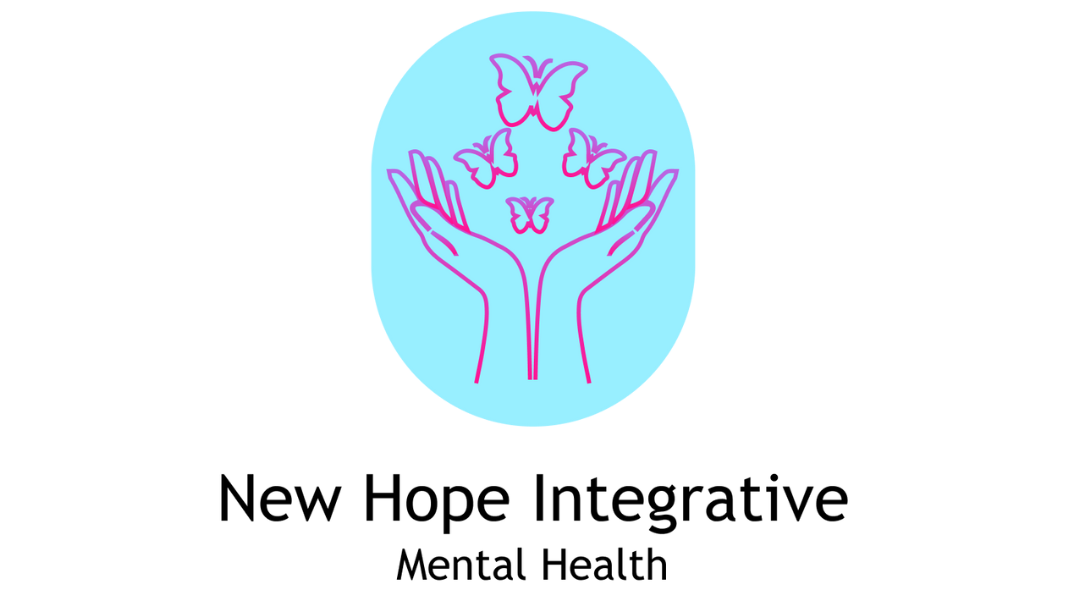Anxiety, a prevalent condition, can significantly impact daily functioning and overall well-being. Recognizing the signs of anxiety is the first step towards effective management and seeking support when needed.
Physical Symptoms: Anxiety often manifests physically, with symptoms such as rapid heartbeat, sweating, trembling, and shortness of breath. These sensations can be distressing and may mimic the symptoms of a heart attack, leading to further anxiety and panic.
Emotional Signs: Beyond physical symptoms, anxiety can affect emotions and thoughts. Persistent worries, irrational fears, difficulty concentrating, and feelings of restlessness or irritability are common emotional signs. These symptoms can impact various aspects of daily life, from work performance to social interactions.
Behavioral Changes: Anxiety can influence behavior, leading to avoidance of certain situations or activities that trigger anxiety. For example, someone with social anxiety may avoid social gatherings or public speaking events, while someone with generalized anxiety disorder may engage in excessive reassurance-seeking behaviors or compulsive rituals.
Coping Strategies for Managing Anxiety
Living with anxiety can be challenging, but there are effective coping strategies that can help manage symptoms and improve quality of life.
Deep Breathing and Relaxation Techniques: Deep breathing exercises, progressive muscle relaxation, and mindfulness meditation are powerful tools for calming the body. These techniques promote relaxation and reduce physiological symptoms of anxiety.
Cognitive-Behavioral Strategies: Cognitive-behavioral therapy (CBT) helps individuals identify and challenge negative thought patterns contributing to anxiety. Through CBT, individuals learn coping skills and strategies to manage anxiety more effectively.
Lifestyle Modifications: Making healthy lifestyle choices can reduce anxiety symptoms. Regular exercise, adequate sleep, a balanced diet, and limiting caffeine and alcohol intake contribute to improved well-being and resilience to stress.
Seeking Professional Help: If anxiety significantly impacts daily life, seek professional help. A professional can provide personalized treatment options, including therapy, medication, or a combination, tailored to individual needs.
By understanding anxiety signs and implementing coping strategies, individuals can take proactive steps towards managing anxiety and improving overall well-being. Remember, support is available to navigate the journey towards greater well-being.


